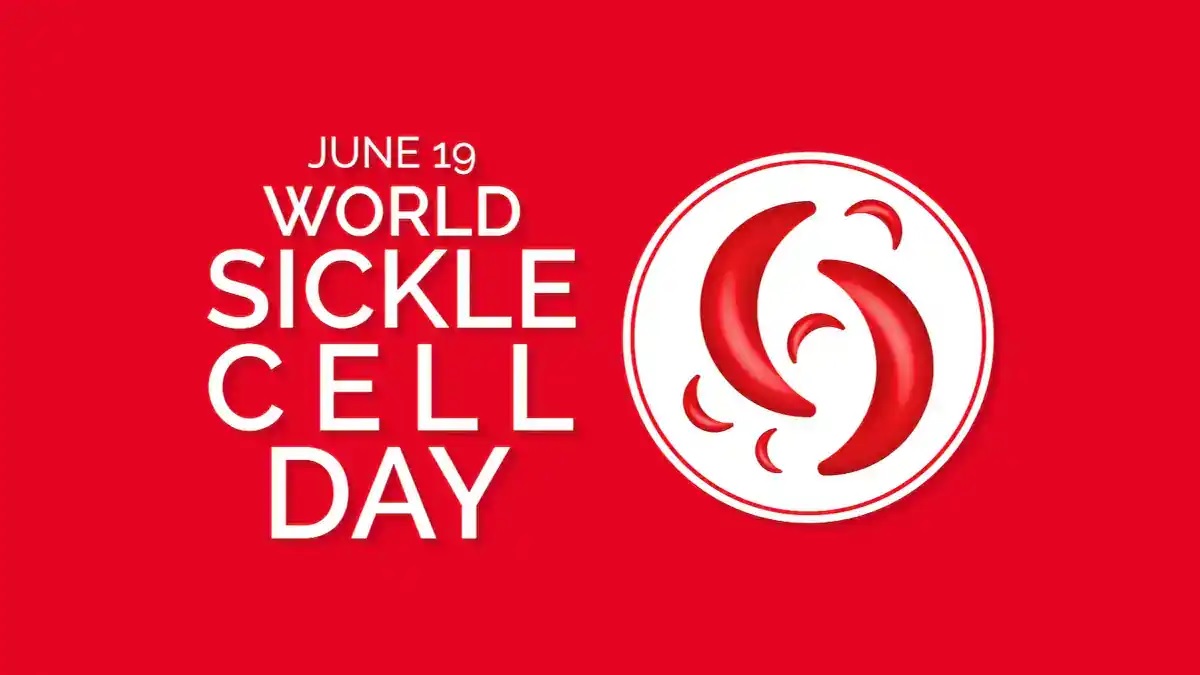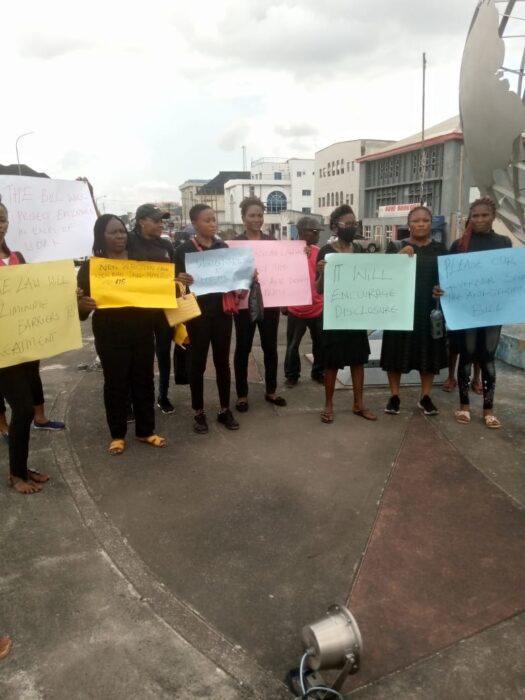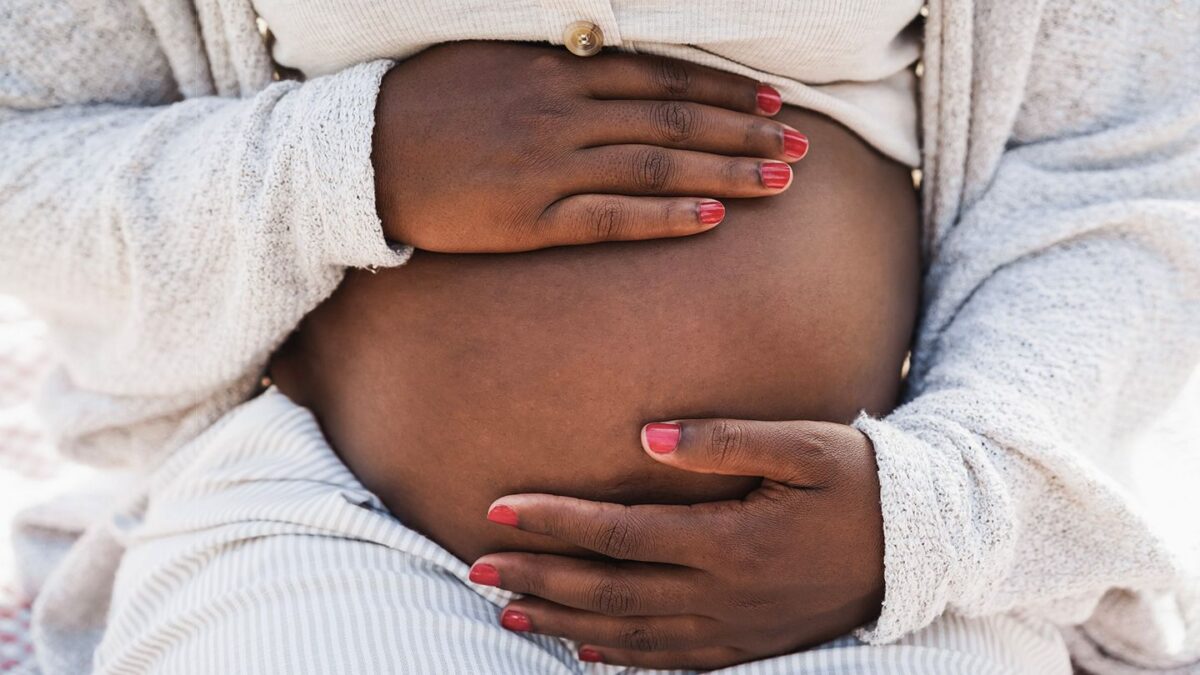The World Sickle Cell Awareness Day is observed on June 19 every year to increase public knowledge and provide an understanding of sickle cell disease (S.C.D.), and the challenges experienced by patients and their families and caregivers.
Did you know that sickle cell disease is the most common genetic blood disorder? Yes, sickle cell disease is a genetic condition that affects millions of people worldwide and is most common in African, Mediterranean, and Arabian Peninsula areas.
Sickle cell disease is a genetic condition that occurs when a child receives a sickle cell trait from each parent. The disease causes red blood cells to ‘sickle’ or become banana-shaped when they are stressed and this can make it difficult for the blood to flow through blood vessels.
Our red blood cells are normally round and flexible, allowing them to travel freely through blood arteries, but with sickle cell disease, some of the cells become crescent moon-shaped and adhere to blood vessels. As a result, blood flow through blood vessels slows or stops, causing discomfort, organ damage, and possibly even a stroke.
Sickle cell disease patients are additionally at risk of consequences like stroke, acute chest syndrome, blindness, bone degeneration, and painful penile erections.
Over time, people with this disease can experience damage to organs such as the liver, kidney, lungs, heart, and spleen which can even lead to death.
The management of sickle cell mostly focuses on preventing and treating complications. The only possible cure for the disorder is a bone marrow transplant. However, even this treatment is only possible for a limited number of affected individuals who have a suitable donor.
Doctors also prescribe a medicine called Hydroxyurea which has been shown to significantly reduce pain.
On this day, the Sickle Cell society encourages everyone to be a part of this annual effort to increase awareness about sickle cell disease and sickle cell traits.












